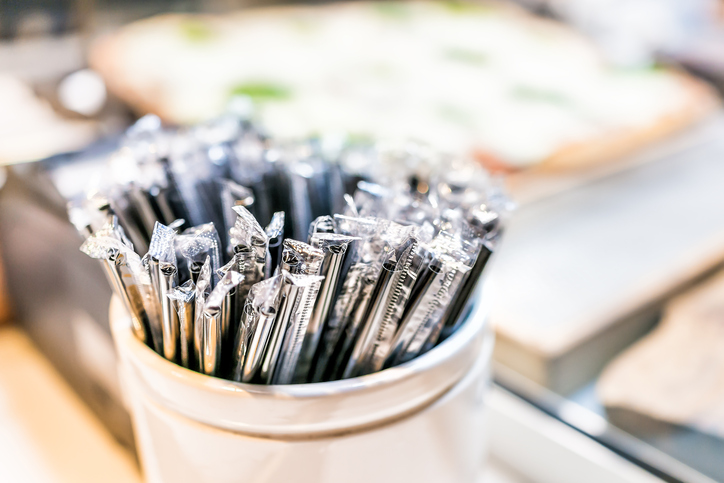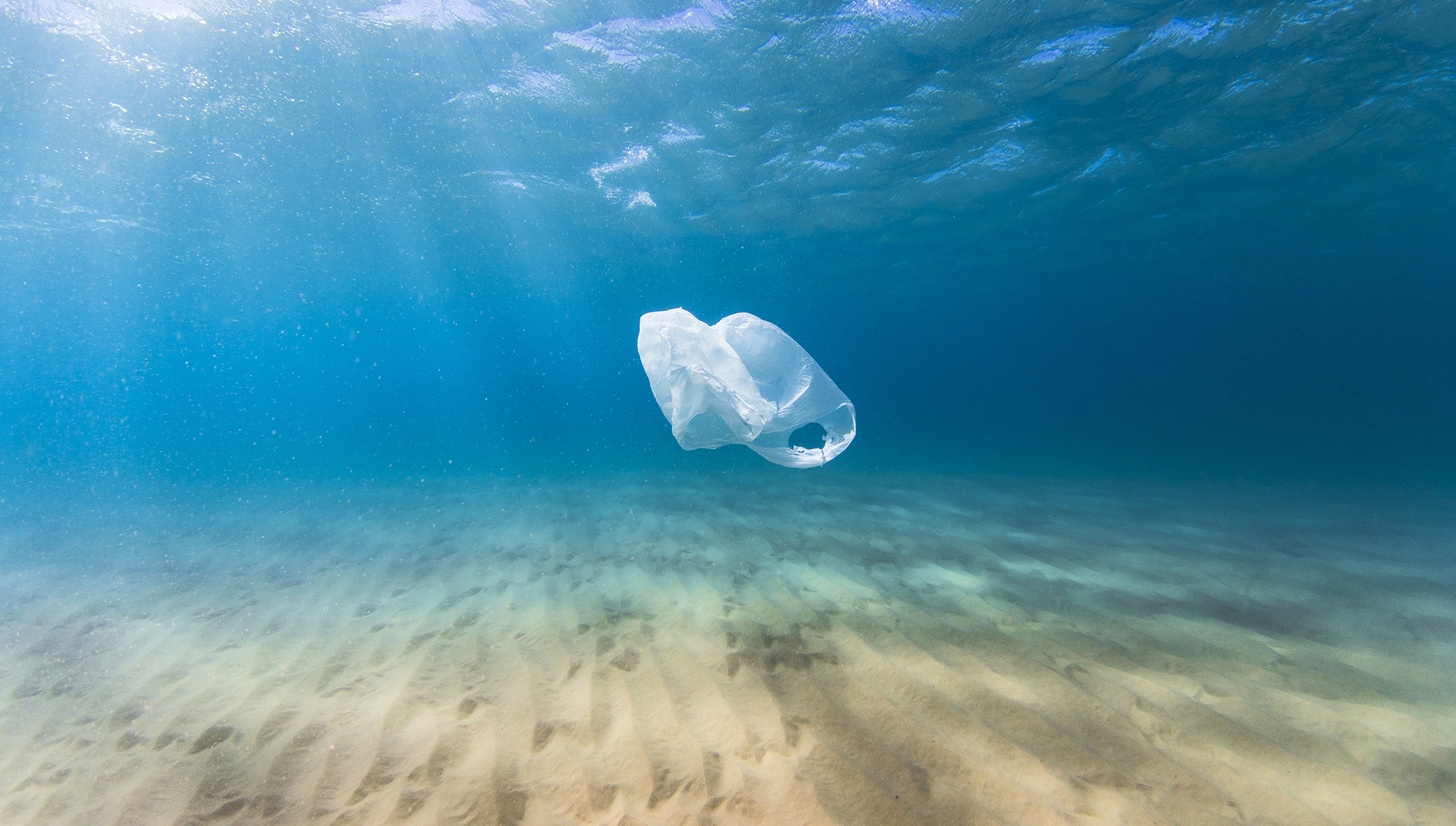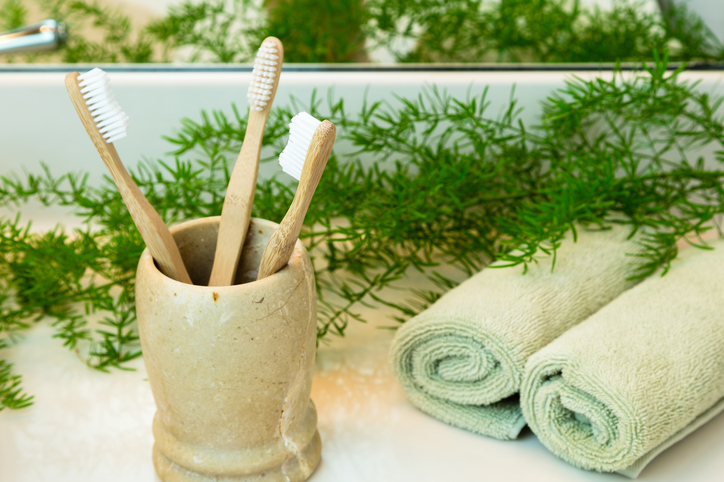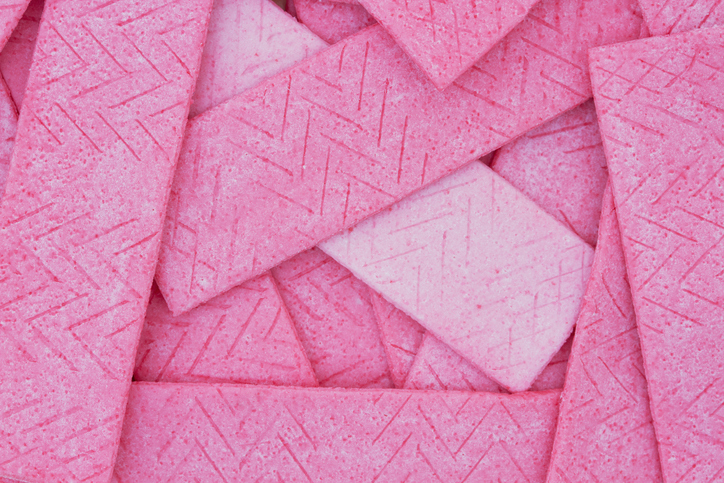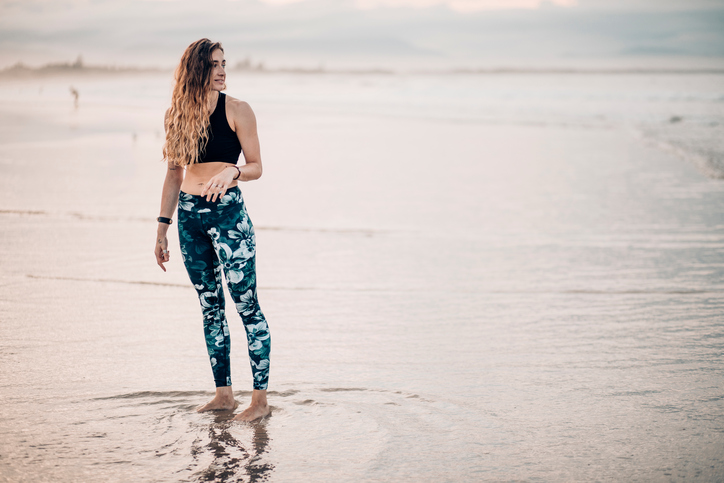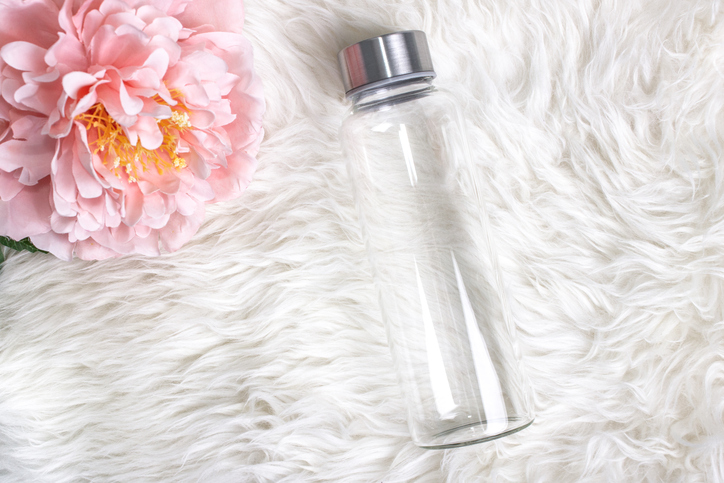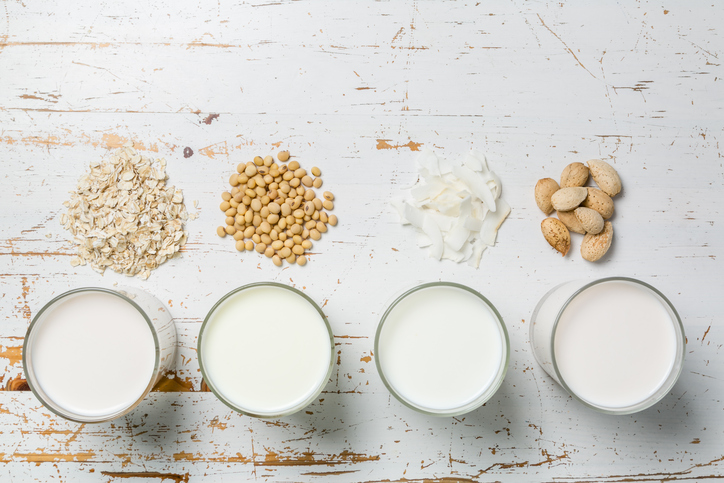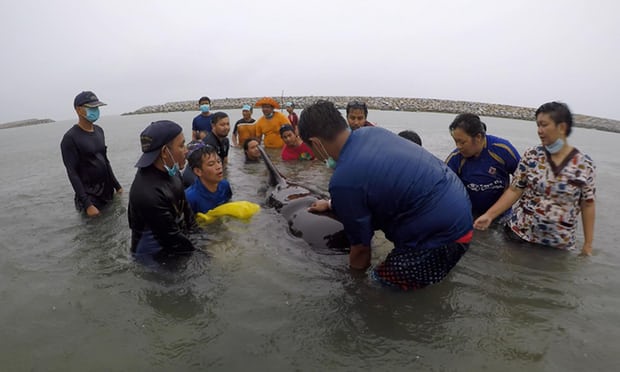Today is World Ocean Day, a chance for people around our blue planet to celebrate and honour the ocean, which connects us all.
Plastic bottles form the majority of litter on our beaches and in our oceans – and when you think about it, they are totally pointless. They are flown thousands of miles across the world to countries which have perfectly safe drinkable tap water. Shops charge you for something which you can get for free at home.
We all want to live in an environmentally friendly way and help protect the planet in anyway we can, but often when there’s so much information around you, it’s hard to know where to start. To make it a little bit easier to get started, we’ve come up with ten little changes you can make to your daily life that will make a huge difference to the ocean and its creatures.
